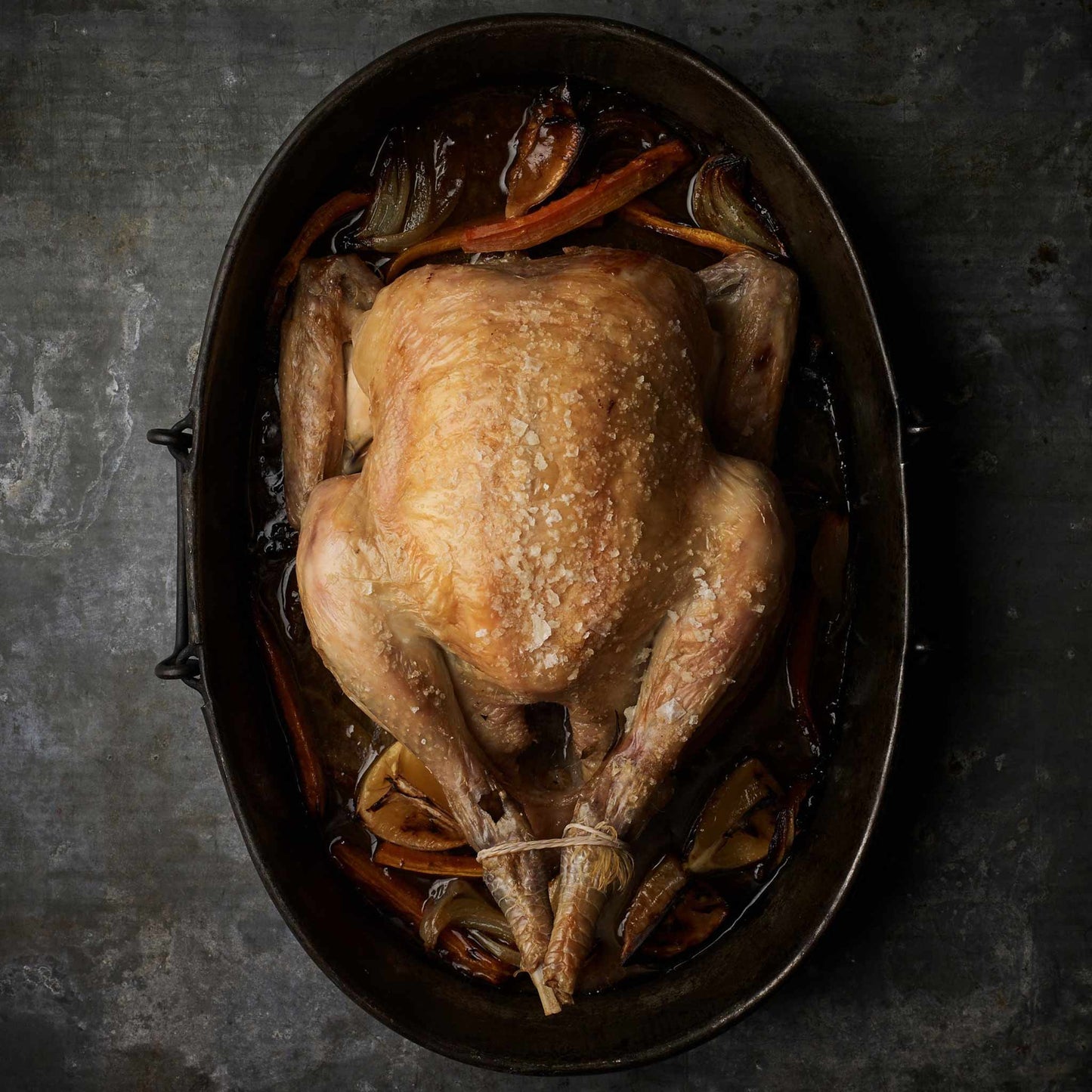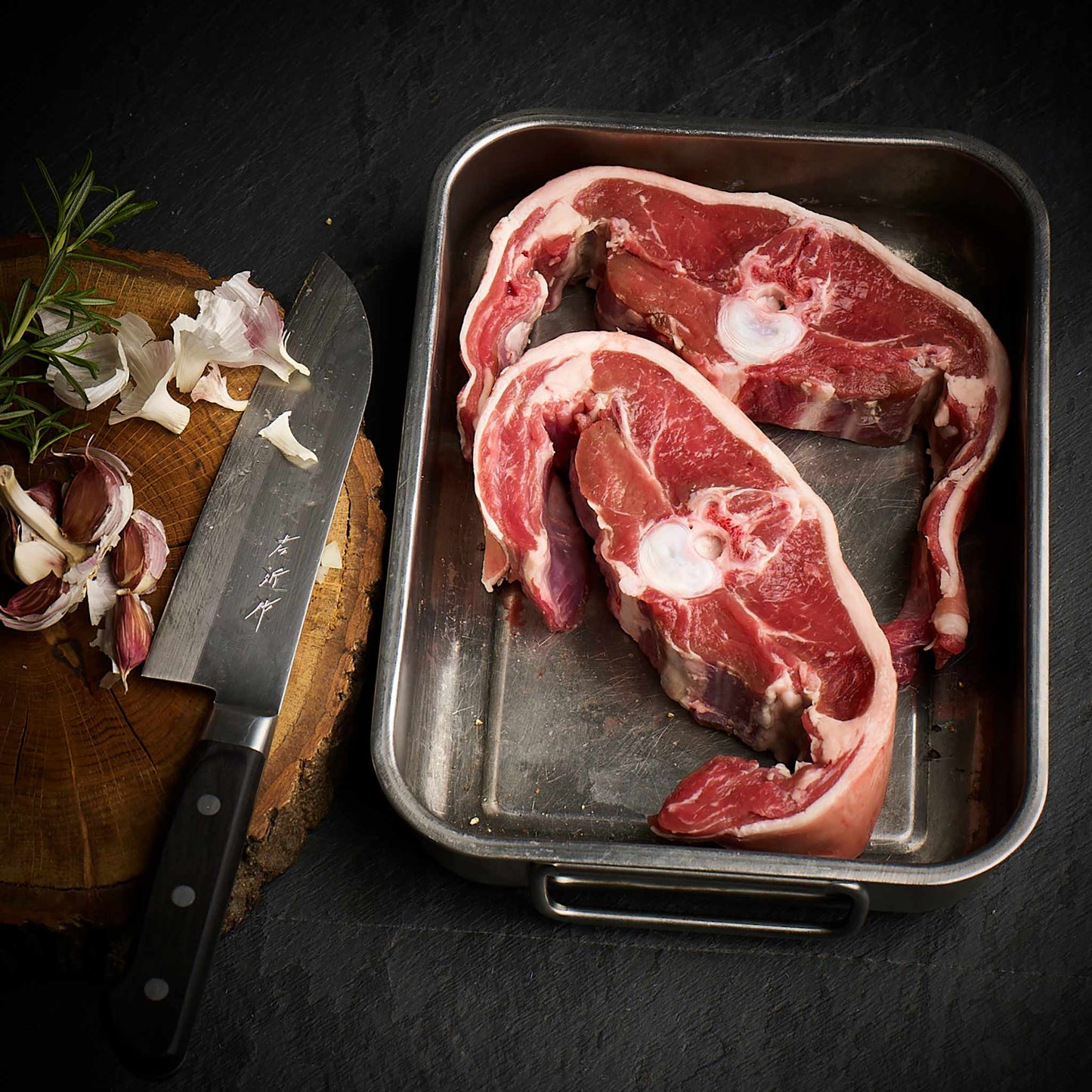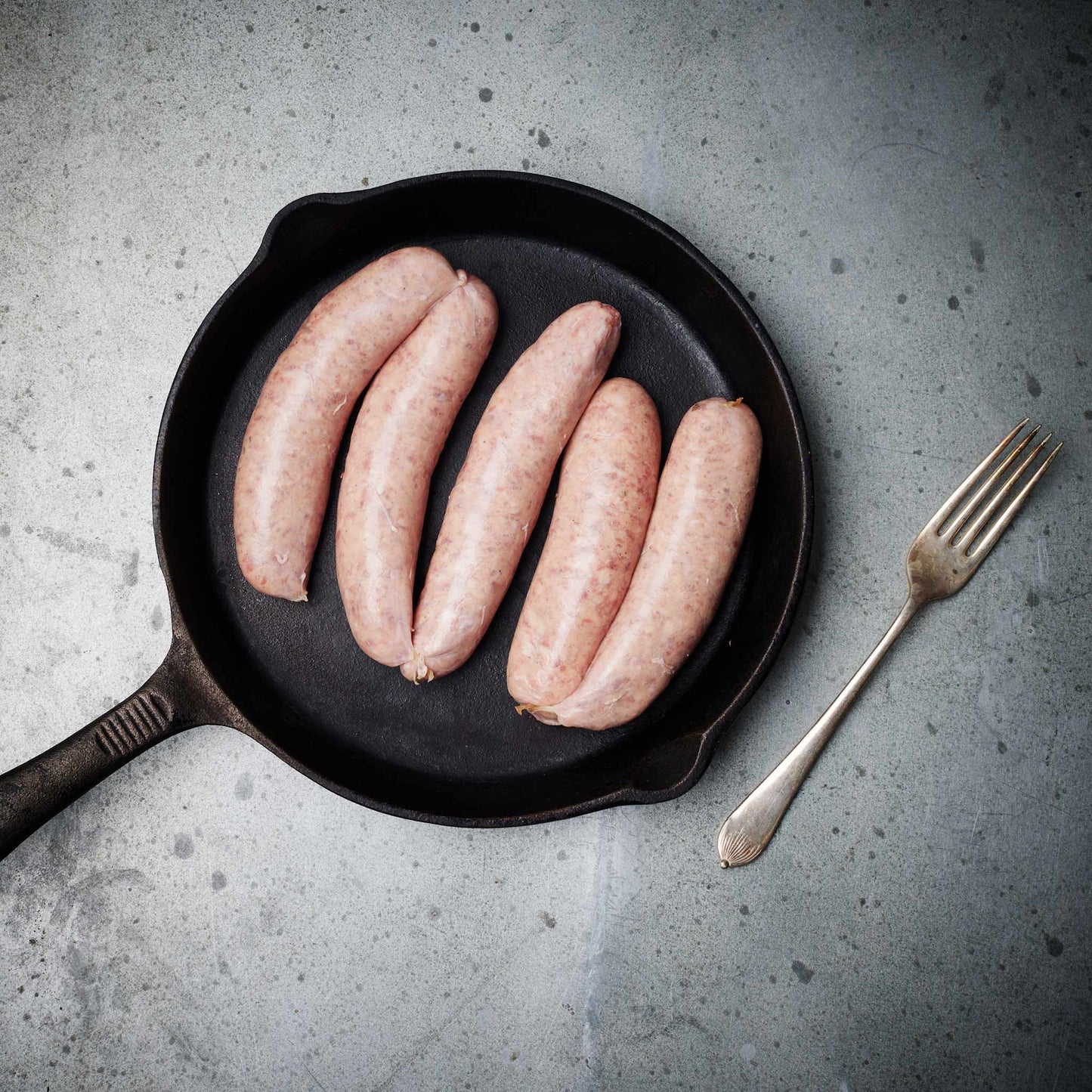What is junk food?
Is junk food a type of food or a type of preparation or processing?
We tend to think of certain foods as being 'junk' as the term is most often defined as Junk food is unhealthful food that is high in calories from sugar or fat, with little dietary fibre, protein, vitamins, minerals, or other important forms of nutritional value.
The problem is junk food often tastes good as the food industry knows how to manipulate fats, sugars and salt to this effect with disregard for our health but what if we could reclaim some of these foods? What if we could un-junk them?
At The Ethical Butcher we like to visit all of our suppliers farms to see what they're doing and hear it from the famers directly about how they're looking after their animals and the land they're on.
We visited the incredible Fowlescombe Farm in Devon which has been organic long before it was cool and has been farmed since at least the 1500s. The pace is incredible. The farmer Rosie Ball studied conservation biology and brings this into every decision made on the land she has built a truly thriving and complex ecosystem with grazing animals eating pure organic pasture and nothing else.
So what has this got to do with junk food?
As we were leaving she asked if we'd be interested in stocking frankfurters...
When she described how they were made we were sold, literally!
A traditional hot dog is made like this...
In vast metal vats, tons of pork trimmings are mixed with the pink slurry formed when chicken carcasses are squeezed through metal grates and blasted with water.
Added ingredients include the following.
By law, hot dog packets don’t have to say what flavourings are used in them. Many use artificial smoke flavouring, herbs, spices, celery and garlic powder.
A few brands use the chemical monosodium glutamate — MSG, or E621 – to enhance the flavour.
E451 — Potassium and sodium triphosphates
These are synthetically produced colourless salts that act as a ‘stabiliser, buffer and emulsion’.
They give a hot dog a firmer texture, keep it at the right acidity and allow the oils and fats to mix with the water.
E451 is also used in detergents as a water softener, and is added to flame retardants, paper, rubber and anti-freeze.
E452 — Polyphosphates
Another additive common in food. E452 is an emulsifier and stabiliser, improving the texture of the hot dog and stopping fat going rancid. It also helps prevent food-poisoning bugs.
E301 — Sodium ascorbate
A form of vitamin C, sodium ascorbate is an antioxidant and acidity regulator that stops meat losing its red colour and which speeds up the curing process.
E120 — Carmine
cochineal is made by crushing up the shells of small beetles. The shells are boiled in ammonia or sodium carbonate and the colour filtered off.
E160c — Paprika extract
Another natural food colouring, this time made from the dried pods of Indian red chillies. It is often added to cheese, orange juice, sauces and sweets
The mush is mixed with powdered preservatives, flavourings, red colouring and drenched in water before being squeezed into plastic tubes to be cooked and packaged.
It is a disgusting process, for the hot dog is arguably the ultimate in processed, industrial food.
Ours are quite different.
100% organic pasture raised beef shoulder is finely minced, has added spices and is smoked to preserve it. That is all. No grains, no fillers no colourings, nothing.
We follow our own recipes, using traditional methods combined with our unique pure plant- flavourings and preservatives, nothing false, then smoking our sausages gently over beech and applewood to cook them and to give a sophisticated, well-rounded flavour.
The result is a truly delicious and juicy artisan sausage, made from completely natural ingredients and free from artificial emulsifiers, flavourings.
Ingredients:
Beef, (shoulder, 120g used in 100g of finished product), Filtered Water, Sea Salt, Linseed, Ginger, Mace, Garlic, Pepper, Natural Sheep Casing, Sea Buckthorn.




